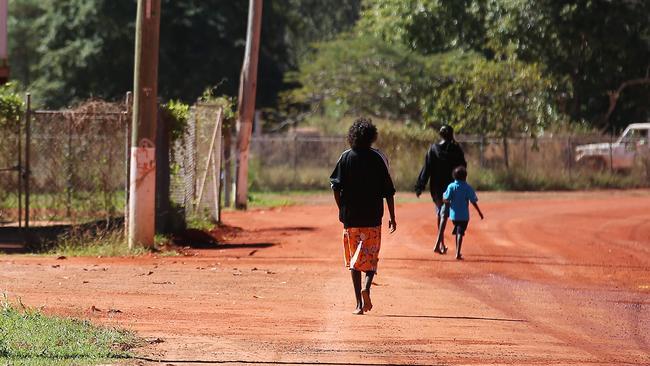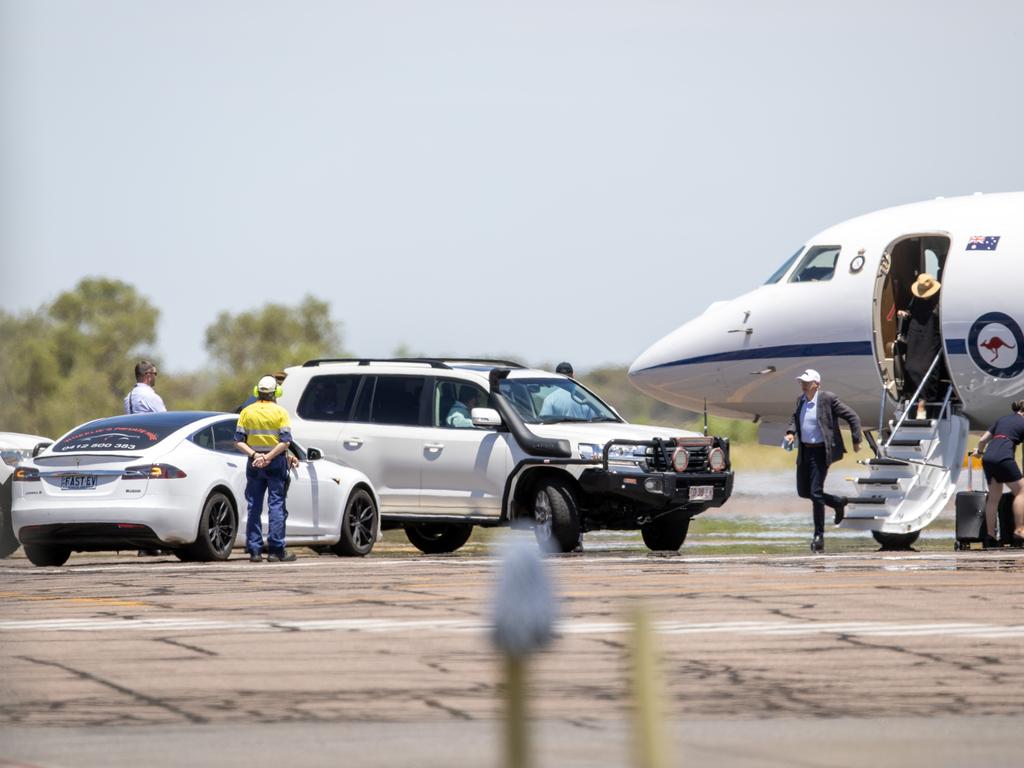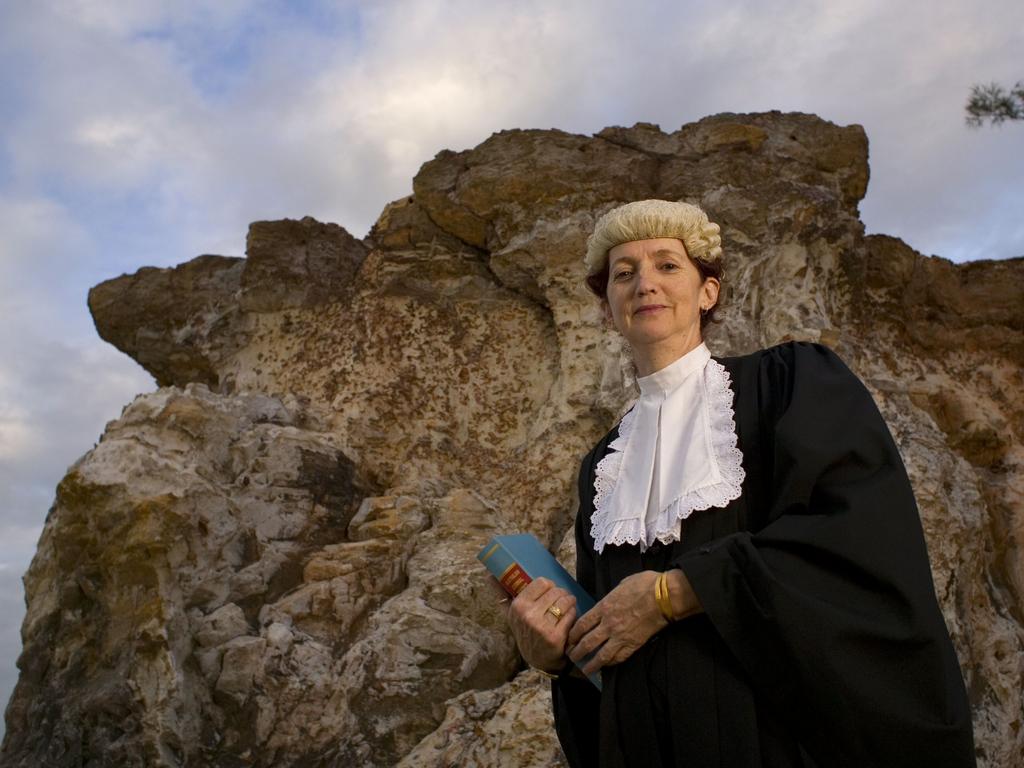‘Healing’ approach to Indigenous child protection needed: report
A report into regional and remote communities backs education and early intervention to break cycle of trauma.

Education and early intervention are needed to better cater for indigenous families in the family and domestic violence system and break the cycle of intergenerational trauma.
A new research paper into child protection led by Queensland’s Aboriginal and Torres Strait Islander Child Protection Peak (QATSICPP) in partnership with ANROWS and Australian Catholic University has highlighted the need for community-led and driven programs that amplify voices of Indigenous people and promote healing and change.
QATSICPP chief executive Garth Morgan said the research paper – which engaged eight First Nations community research teams across regional and remote Queensland – found more work needed to be done on the ground to break the cycle of abuse.
“The research shows that systems are not established and set up well enough to attend to the specific needs of children that are experiencing violence,” Mr Morgan said.
“They’re often mother-centric and physical safety-centric and what we need is a broad healing response that has the whole family in mind.”
The report recommended a “healing framework” based on the five pillars of supporting safety, strong cultural identity, family and community, strengthening spirits and strong and deadly relationships. While the report focuses on Queensland, Mr Morgan said the suggested framework could be implemented more across other states and territories.
“Most Aboriginal and Torres Strait Islander men and women who’ve experienced violence identify that they’ve never had their childhood wounds recognised,” he said.
“Child Protection responses require parents to support their children who have experienced domestic violence without ever having been loving themselves.
“We absolutely need a system where perpetrators take responsibility for using violence and help them and mothers to heal from their own childhood hurts and experiences.”
Chief executive of ANROWS, Padma Raman, believes the proposed framework should be adopted as a matter of urgency.
“Existing approaches and systems are causing significant harm to Aboriginal and Torres Strait Islander children who have experienced domestic and family violence,” Ms Raman said.
The latest data shows that around 41 per cent of newly substantiated child protection cases are Aboriginal and Torres Strait Islander kids exposed to domestic and family violence, up 6 per cent over the past five years. Mr Morgan said the “alarming figure” is also an under reporting of the problem.
Jenny Parsons works as a family service worker in Mareeba, in Far North Queensland, and deals with families stuck in the cycle of abuse. She believes education on healthy relationships needs to be accessible for all of the family – children, parents and grandparents – to achieve the best outcomes.
“The best thing that we can do for a child is have them in a family unit that’s functioning to the best of their ability with all the supports that they require to change their storyline,” Ms Parsons said.
“What’s (needed to) create their new storyline? That resonates with our mob because we’re not talking about the faults. We’re not talking about how many times has he done this and been in and out of jail?
“Can we move away from that and go what is it that’s going to change this for you, and where’s this little person represented?”
Mr Morgan said a sustained investment would need to be made by the state government to make long-term change, which would need bipartisan support. He believes greater investment needs to be made in community outreach rather than government services.
“The meagre investment that we have needs to be drastically overhauled,” he said.
“I would expect to see specialist domestic and family violence teams in every family wellbeing service across the state and that means tens of millions of dollars on an annual basis and a sustained commitment to this problem.”








To join the conversation, please log in. Don't have an account? Register
Join the conversation, you are commenting as Logout